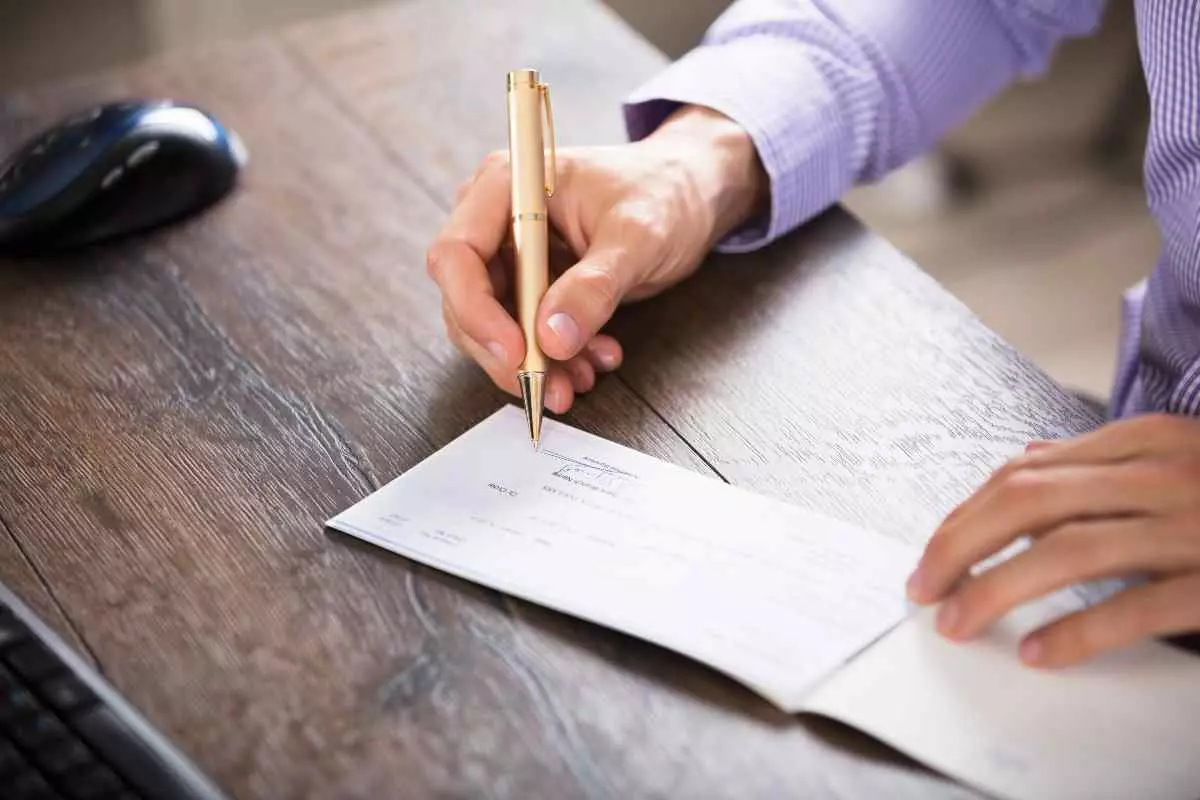Are you stressed about tax season coming soon? Wouldn’t it be nice to pay less in taxes and take home more money? Knowing how to avoid tax is valuable information as it could give you more flexibility in your spending. Here are some tips on how to avoid tax legally in the UK.
1. Put Money in Pension

Lower incomes have a lower tax bracket. This means their taxable income is a lot less than someone with a higher income. One way to reduce tax on salaries is to take a salary cut. This works for people just above the line for their income tax bracket. If you do not want to take a salary cut, put more money in your pension savings account.
As of 2021, you can contribute part of your salary to your pension each year. You are exempt from paying taxes if the amount is up to £12,500. However, if the amount exceeds £12,500, you will be subject to a 20% tax.
2. Check Your Tax Code
Each person has a tax code that determines how much tax they pay from their income. The tax code is listed on their payslip. Your tax code may change each year depending on your circumstances, such as receiving a salary raise or changing your job. If you happen to catch that you were issued the wrong tax code, you could receive a refund for previous years and could pay less tax in the future.
3. Open An Individual Savings Account
Another way for income tax saving is to open an Individual Savings Account (ISA). An ISA helps you save money over a longer period of time. You can put £20,000 in your ISA as of 2021. A great thing about ISAs is that you do not pay income tax on the interest you gain from an ISA. All the money you earn from investments in your ISA is free of capital gains tax.
4. Claim Child-Tax Credit
If you are the parent or guardian of a child under 16 years of age, you are eligible to claim the child tax credit. The good thing about child-tax credit is that you do not have to be working to claim it. Several factors determine how much you can claim, such as:
- Your income
- How many children you have
- If any of your children are disabled
However, your child-tax credit may be reduced if your annual income is over £16,480. You also cannot claim child-tax credit if they are already claiming income or employment support. Additionally, there is a two-child limit.
5. Get Married

For certain couples, a marriage is a great income tax saving tactic. This works well in cases where one partner makes less than their spouse. You can use a marriage allowance calculator to calculate how much tax you will save for this year. When you claim a marriage allowance, you can transfer money from your personal allowance to your partner, which becomes similar to a tax credit.
When you get married or are in a civil partnership, couples can share assets. This means that whoever has the asset pays the tax on it. Therefore, if one partner in a lower tax bracket has the asset, they get taxed at a lower rate.
6. Claim Personal Allowance
The personal allowance is the amount of money that you receive before taxes. You are eligible to claim £12,570 from 2021 to 2022. This means that if you make £12,570 or below, you do not have to pay income tax.
You can claim personal allowance when:
- You hold a British passport
- You are a citizen of a European Economic Area (EEA) country
- You have worked for the UK government during the tax year
- You have not claimed marriage allowance
- Your income is lower than £100,000
Note that if you make more than £100,000, your personal allowance allotted goes down by £1 for every £2 that you make over the £100,000 threshold. If you made £125,000, you do not receive a personal allowance for that year and will have to pay income tax on the entire amount. Another thing to note is that if you were born before 1948, you might qualify for a more personal allowance. You can check the government website to see how much you are eligible for.
7. Triple Check Your Cash Flow
It can save you a lot of money and time by checking in on your investments from time to time. If you have multiple types of income investments, like rental income, check how much tax you are paying on it.
Conversely, checking on long-term debts is also a good idea. If you have payday loans or other obligations, try to pay those off as soon as possible. This will leave you with more wiggle room to figure out your finances.
You will invest in your financial health improvement process and go on further by managing it in the right way.
8. Donate to Charity

Donating to charity adds to your moral compass and it may also help lower your taxes. After you donate to a charity of your choice, claim all tax relief on your donation. This works similarly to pension contributions. As long as you declare the donations under gift aid, you should get additional tax relief when you file your tax return. To declare the donations, keep physical and electronic records of them so you can note the amount you donated on your tax return.
Keep in mind that for your charitable donations to qualify for gift aid, you have to pay income tax for at least the amount you are trying to reclaim. For example, if you are trying to claim £3,000 on charitable donations, you must have paid at least £3,000 on income tax.
An interesting note is that you can also file for gift aid for the current fiscal tax year. This means you can get tax relief sooner. However, certain restrictions are enforced. For instance, you cannot file for gift aid in the current tax year if you miss the January 31st deadline. Another restriction is that your donations added together for both the previous year and the current tax year cannot amount to more than four times what you paid in tax last year.
Tax return forms can be used to submit a request for gift aid. If you do not have a tax return form or do not plan to do your taxes that early, you can ask the HM Revenue & Customs (HMRC) for a P810 form. You can reach the HMRC by calling them at 0300 200 3300 Monday to Friday from 8 a.m. to 6 p.m. The HMRC can also assist you with questions about income tax or your tax code. They can also help you with any claims you have for allowances.
9. Take Advantage of Your Capital Gains Tax Rights
When you sell assets, such as rental property, you can claim Capital Gains Tax (CGT) on it. CGT is the tax on your profit when you sell an asset that has gone up in value. For instance, you will be taxed on the profit when you sell a rental house that has appreciated.
As of 2021, your capital gains amounting up to £12,300 are tax-free. Any amount claimed above this is taxed based on your tax bracket.
10. Check for Qualifications on Electric Cars

Many perks come with buying an electric vehicle, including tax benefits. For example, if you purchase a Battery Electric Vehicle (BEV), you do not have to pay any road tax if the car is fully electric. This is called a zero-rated standard tax. You may also be entitled to 0% tax for electric vehicles with the Benefit in Kind charge.
What Is a Tax Deductible?
Tax deductibles are purchases that are reimbursed to you by your employer. You claim a tax-deductible on things that you pay for in relation to your work. For example, you may be able to claim a deductible on equipment or furniture you purchased for your home office. Additionally, you may be able to receive a deductible for out-of-pocket expenses during a conference.
However, keep in mind that there are limitations on what you can claim. If your employer offers to cover the costs of alternative equipment or furniture and you buy a different brand, you may not claim a deductible. Also, if your employer has already reimbursed you for expenses, you cannot file for a deductible.
If you proceed with filing for tax-deductible expenses, keep receipts of everything you’ve ordered so you have records of all the expenses you are filing for.
Sum Up
Although it can be tedious to check if you qualify for any of these deductions to lower your taxes, it might be worth going through the process. Lowering your taxes can save you money to spend on daily expenses or long-term ones. For example, you could have enough money to go on that trip you have been planning for ages. If you have difficulties or do not understand the process, you can always speak to a financial advisor or tax consultant. Hopefully, these tips will help you prepare for the incoming tax season.